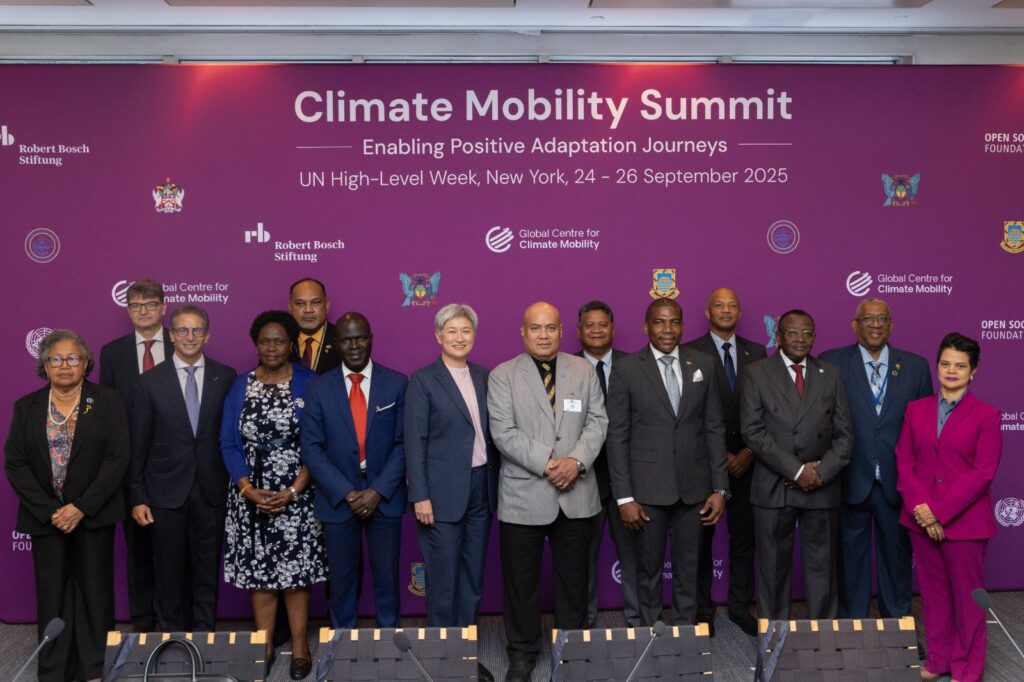Significant Increase in Dengue Cases Reported in Hanover
Hanover’s Dengue Dilemma: A Deep Dive into the Parish’s Escalating Health Crisis
The parish of Hanover, Jamaica, is facing a mounting public health challenge in the form of a substantial increase in suspected and confirmed dengue fever cases. The surge in reported cases marks a significant escalation from the relatively low numbers observed in the preceding month, highlighting the urgency of the situation and prompting a robust response from the Hanover Health Department. The data for September paints a stark picture, with 24 suspected cases reported, eight of which have been confirmed. This alarming rise contrasts sharply with the mere two suspected cases and zero confirmed cases documented in August, raising concerns about the speed and scale of the outbreak.
The Hanover Health Department, recognizing the gravity of the situation, has initiated a comprehensive response strategy to combat the spread of dengue. Acting Chief Public Health Inspector Fritz Francis emphasized the department’s proactive approach, detailing the deployment of teams across the parish. These teams are strategically deployed to address the areas with the highest reported incidences of suspected dengue cases and areas identified as high-risk based on environmental factors conducive to mosquito breeding. This targeted approach aims to maximize the impact of intervention efforts by focusing resources on the most affected areas and preventing further spread.
The department’s workforce, typically comprising nine permanent staff members, has been augmented by a significant influx of temporary workers. Approximately 30 temporary workers have already been recruited for enhanced dengue-focused programs, and plans are underway to further expand this number to approximately 60 additional personnel. This surge in manpower, bringing the total number of personnel combating the outbreak to nearly 100, underscores the commitment to tackling the dengue crisis head-on. The expanded team will be tasked with implementing crucial vector control measures, including larvicidal activities to eliminate mosquito larvae and adulticidal activities to target adult mosquitoes.
The department’s strategic goal is to establish four dedicated teams by the end of September, specifically tasked with carrying out adulticidal interventions. This focused approach aims to drastically reduce the population of adult Aedes aegypti mosquitoes, the primary vector responsible for transmitting the dengue virus. By targeting the adult mosquito population, the department aims to disrupt the transmission cycle of the virus and curb the spread of the disease within the community. The implementation of these control measures highlights the comprehensive nature of the department’s response, addressing both the immature and mature stages of the mosquito life cycle.
Several contributing factors have been identified as potentially fueling the escalating dengue outbreak in Hanover. One significant factor is the influx of individuals travelling from areas with high population densities and potentially higher rates of dengue transmission. These areas often present environmental conditions that favor the proliferation of the Aedes aegypti mosquito, such as the presence of stagnant water and suitable breeding sites. The movement of individuals from these high-risk areas can introduce the virus into new communities, facilitating its spread. Addressing this challenge requires heightened public awareness campaigns, emphasizing the importance of preventative measures for individuals travelling to and from high-risk areas.
Another contributing factor is the challenge of potable water access in certain areas of the parish. These areas, often lacking consistent access to piped water supplied by the National Water Commission, rely on storing water in various containers. This practice, while necessary for daily needs, inadvertently creates ideal breeding grounds for Aedes aegypti mosquitoes, exacerbating the dengue risk. The lack of reliable water infrastructure in these areas underscores the complex interplay between public health and essential services, highlighting the need for comprehensive solutions to address both water access and disease prevention. The situation in Hanover exemplifies the broader challenges faced by regions grappling with both resource limitations and public health threats, underscoring the importance of sustainable solutions that address the root causes of vulnerability.
The combined challenges of increased travel and limited water access create a fertile environment for the spread of dengue fever in Hanover. The Hanover Health Department’s multi-pronged strategy, including increased manpower, targeted interventions, and public awareness campaigns, represents a concerted effort to combat the escalating crisis. The success of these efforts relies on community engagement, individual preventative measures, and continued collaboration between various stakeholders to address both the immediate health threat and the underlying factors contributing to the outbreak. The situation in Hanover serves as a stark reminder of the importance of proactive public health measures and the critical need for sustainable infrastructure improvements to protect communities from vector-borne diseases.
Share this content:












Post Comment